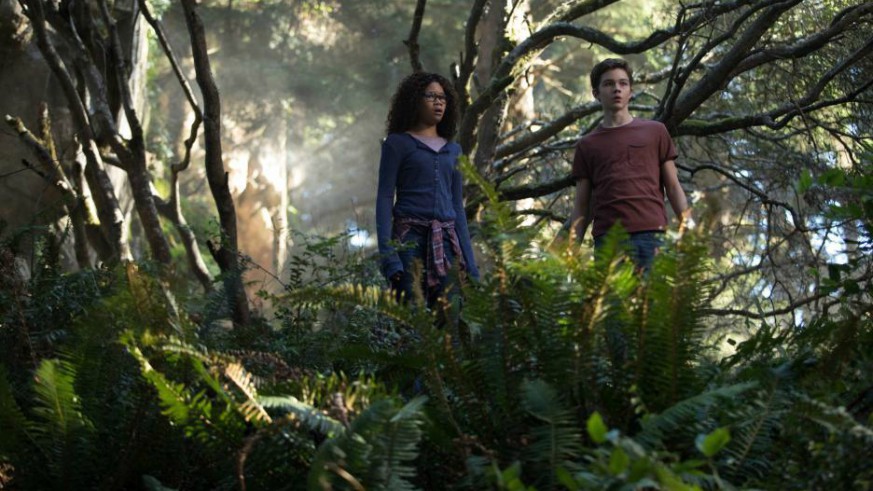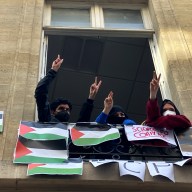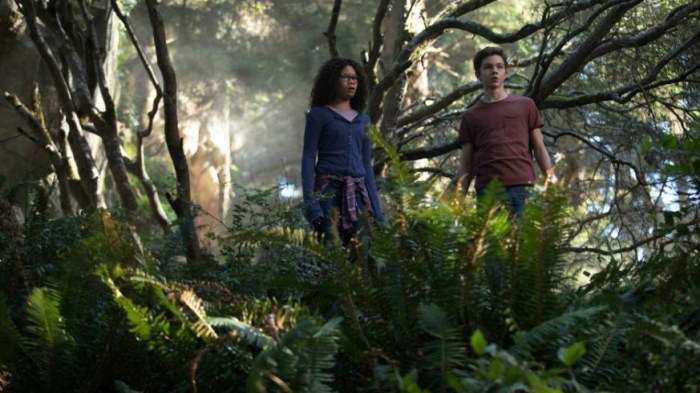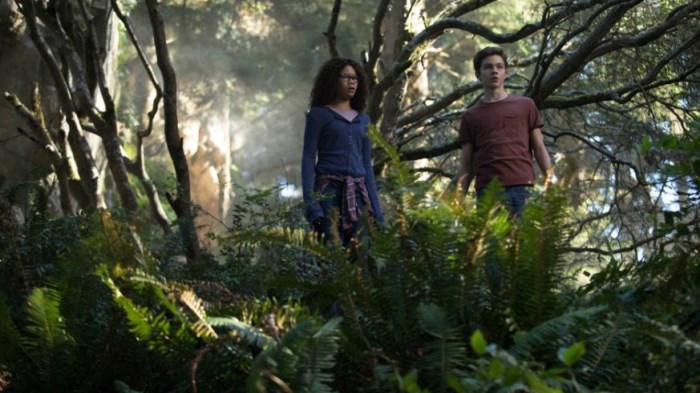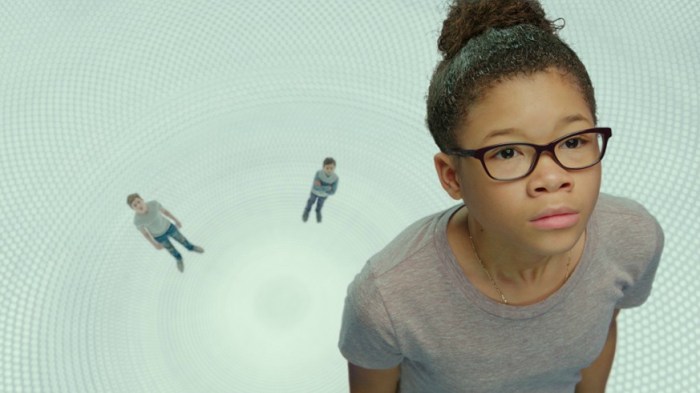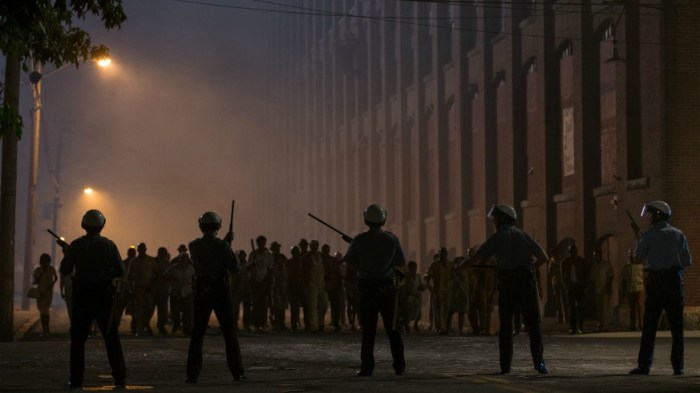No one likes a bully. But it turns out that A Wrinkle In Time’s director Ava DuVernay and screenwriter Jennifer Lee actually have something to thank their two high school bullies for.
That’s because Lee recently admitted to me over the phone that the duo initially bonded over stories about their bullies, which ultimately led to the character of Veronica Kiley (Rowan Blanchard), who routinely harasses Meg Murry (Storm Reid) in “A Wrinkle In Time,” being created.
At first, though, Lee talked me through how she got involved with the film. “I did a few complete drafts for the studio over the course of a year and a half, while working on other Disney projects on Broadway and in animation. They gave me a long time to write it, and didn’t put any pressure on me.”
That’s when the topic turned to director Ava DuVernay.
“When it came to a director I knew we had to get someone that could handle the emotional side of it. The fantastical side of it I always had faith in Disney. But we wanted someone who could handle tell this story with such an emotional truth and make it so evocative and so cinematic.”
“Ava came to mind immediately. I never imagined she would actually say yes, though. But then we talked about being teenagers. In fact the bully in ‘A Wrinkle In Time’ is a combination of the person that bullied Ava and the person that bullied me the most.”
“She was so kind about the script and what she loved about it. But then challenged me to go deeper in places, and see what we could do.”
Lee also admitted that she didn’t have a problem mining her deepest and darkest memories from growing up for inspiration, because she was very much aware that it was her job to put “A Wrinkle In Time’s” characters through various issues to make its hopeful ending really sing.
“I think there’s part of you in your filmmaking, and I do love ending on the hope instead of the dystopia. But at the same time I actually think you are doing the opposite. Because your job is to make it as hard for the characters as you can.”
“Because the test that your characters go through is what makes it compelling and cinematic for me. So looking at the things in her way, the obstacles, even those that are guiding her are doing so in a way that forces honesty, that forces tough love, to face things, and stops you from copping out.”
“I am always writing that way. I am also looking at what is it to bring hope. I like to go into deeper themes about how hard it is to find hope.”
“Because it is not just one thing. It’s all the things within ourselves, within our family, within our world, and society and culture, and you’re trying to evoke those, too. So by the time that a character arrives at hope you can feel the exhausting journey and that it is worth it.”
“A Wrinkle In Time” is now in cinemas.

